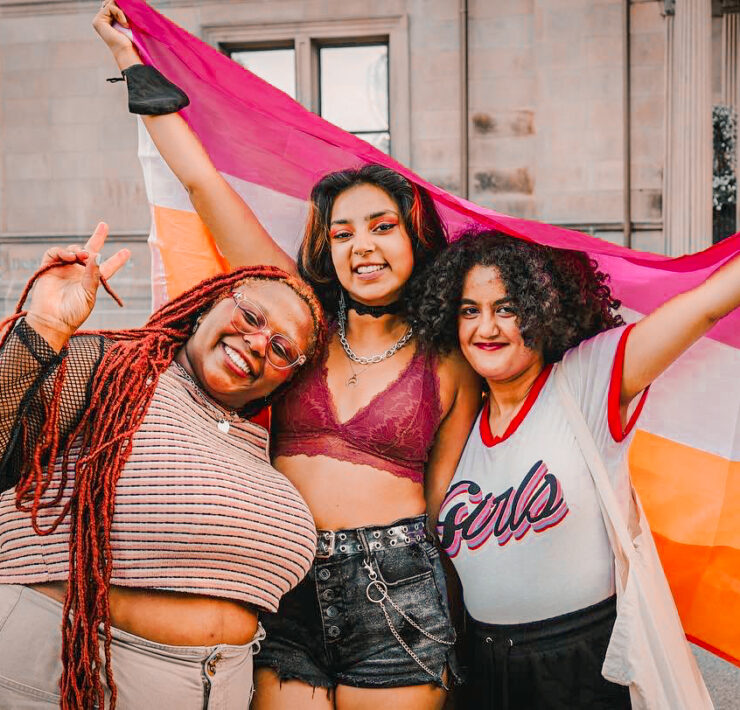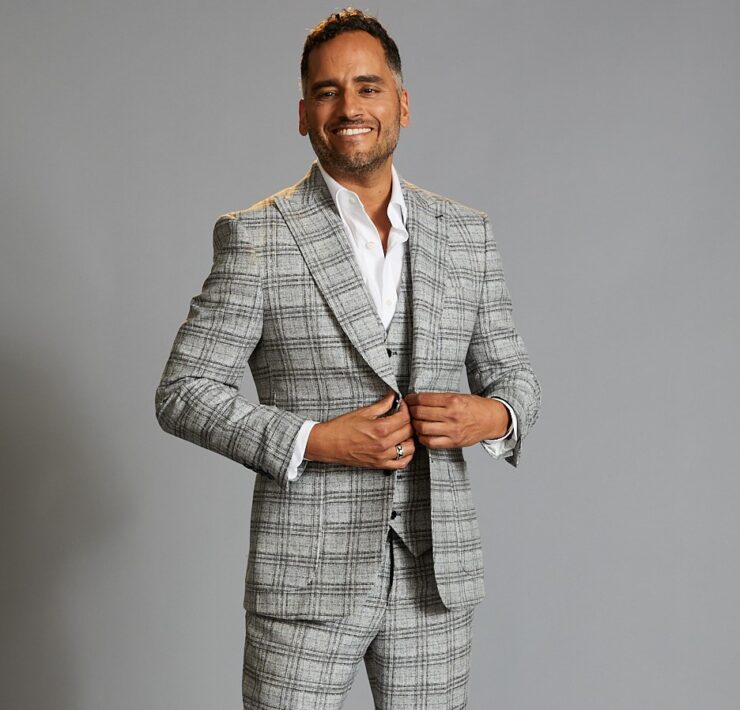Where’s the Diversity, Denver?

Denver is a pretty open-minded place, and that applies to music, too. So why is it that every time I enter a queer bar or club to dance, I am immediately disappointed by the music choice?
When I lived in New York, I could hear all types of music genres through the window in my bedroom before I even climbed out of bed in the morning. It was something I grew to love, and it helped shape my love of music. On any given day, when I finally got out of bed, I would leave my project building, turn by the Taino Towers on 122nd Street and 2nd Avenue, and hear Young M.A, a queer artist, blasting through the speakers of someone’s car right before I entered a bodega, welcomed by my favorite bodeguero jamming out to Romeo Santos.
Coming to a transplant city like Denver, where finding a Denver native is rare, I expected a similar culture. I was wrong.
And, my thing is, if I can hear queer musicians blasting through the speakers of a stranger’s car in just one block of leaving my home in New York City, I don’t really understand why I only hear the anthems of white, gay men blasting in LGBTQ venues around Denver. Like, y’all, why we still pumping to “Toxic” by Britney Spears—that bop was released 15 years ago.
I have to venture into mostly hetero spaces to listen to something other than what is glorified by gay culture. There is a clear distinction between queer establishments and non-queer places, with queer bars playing more traditional pop tunes—Robyn’s “Dancing On My Own” can be heard every, single weekend—while the experimental stuff is relegated to “straight” clubs. But, let’s be honest, I love entering a queer establishment because I feel more included. The music should match that atmosphere.
We are being shown up by straight people, and I’m embarrassed.
We, as queer people, have been setting trends and culture for decades. We are original and creative, and our palette for music is so vast and unique. So why are we so focused on reliving the same music we’ve been dancing to since the early 2000s? I don’t care how good the remix is; there are better queer artists coming out with better jams. My opinion is not isolated.
“I love that people accept me for who I am, but at the same time, most of the music is white-centric,” said Marcus Mills, a black student at Metropolitan State University’s music business program. “This draws a certain demographic that isn’t always inclusive for people of color.”
Mills, a recent transplant from Florida, was excited to get into the queer music and nightlife scenes in Denver. Hitting many of the bars lead to meeting a lot of queer people, but didn’t quench his thirst for good music to dance to.
“There are a lot of other talented DJs in Denver that spin super awesome shit, and not just pop music,” Mills said. “That would turn a dancefloor into the most populated place in the club.”
Change is needed, and it has to be soon. We don’t have many DJs at these queer establishments who are POC and play cross-cultural music.
Some establishments try to make their clubs more inclusive by offering a dancer’s choice night of music. One of Denver’s most iconic queer clubs has only one hip hop night a month. That’s so sad, y’all. Like, for real.
When I step into a club I would love to hear artists who are breaking barriers for their style of music, such as Young M.A, Kehlani, Nitty Scott, Syd, 070 Shake, and Treee Safari—I could go on for days about up-and-coming queer musicians who are pushing boundaries and killing it within the musical realm.
Being a womxn* of color who identifies as part of the LGBTQ community, it is important that our community supports one another, including queer artists who don’t get enough credit and airtime for their music.
I love the queer scene here in Denver, but I’d like to see a bit more diversity in its musical offerings.
*Susie identifies as a womxn, not a woman.










